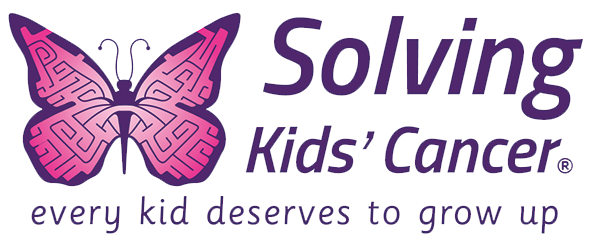Can Engineered T-Cells Be Improved to Better Recognize and Attack Neuroblastoma Cells?
T-cell therapy has seen much success in leukemia patients. Researchers now are trying to find out if T-cell therapy using the GD2 tumor antigen, which is on the surface of the neuroblastoma cancer cells, can bring about remission in solid tumors.
Project Title: Adoptive Cell Therapy for Adolescent/pediatric Solid Tumors: Part II
Researcher: Stephen Grupp, MD, PhD
Institution: Children’s Hospital of Philadelphia
Study Type: Phase I clinical trial
Status: Closed
Immunotherapies have significantly improved survival rates of children with high-risk neuroblastoma. Most recently, a chimeric antigen receptor (CAR) based therapy using permanently modified T-cells has successfully treated leukemia in several children. But for children with solid tumors such as neuroblastoma, CAR based T-cell therapy has not been as effective. This is why Solving Kids’ Cancer created a clinical trial using a similar treatment as the CAR T-cell therapy, but using the GD2 tumor antigen, which is on the surface of the neuroblastoma cancer cells. The new GD2 T-cell CAR is expected to be a better way of treating relapsed and refractory neuroblastoma that is resistant to the standard treatments.
Charity Partners: Pierce Phillips Charity, The Catherine Elizabeth Blair Memorial Foundation, Fitzgerald Cancer Fund, Ronan Thompson Foundation
